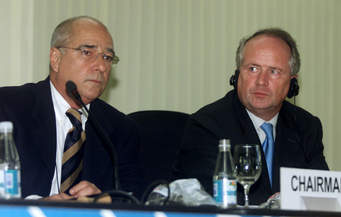Empower vendors, PNU advises President Lungu
Notice: Undefined index: catFilterList in /home/zambi/public_html/wp-content/plugins/wp-likes/api.php on line 243
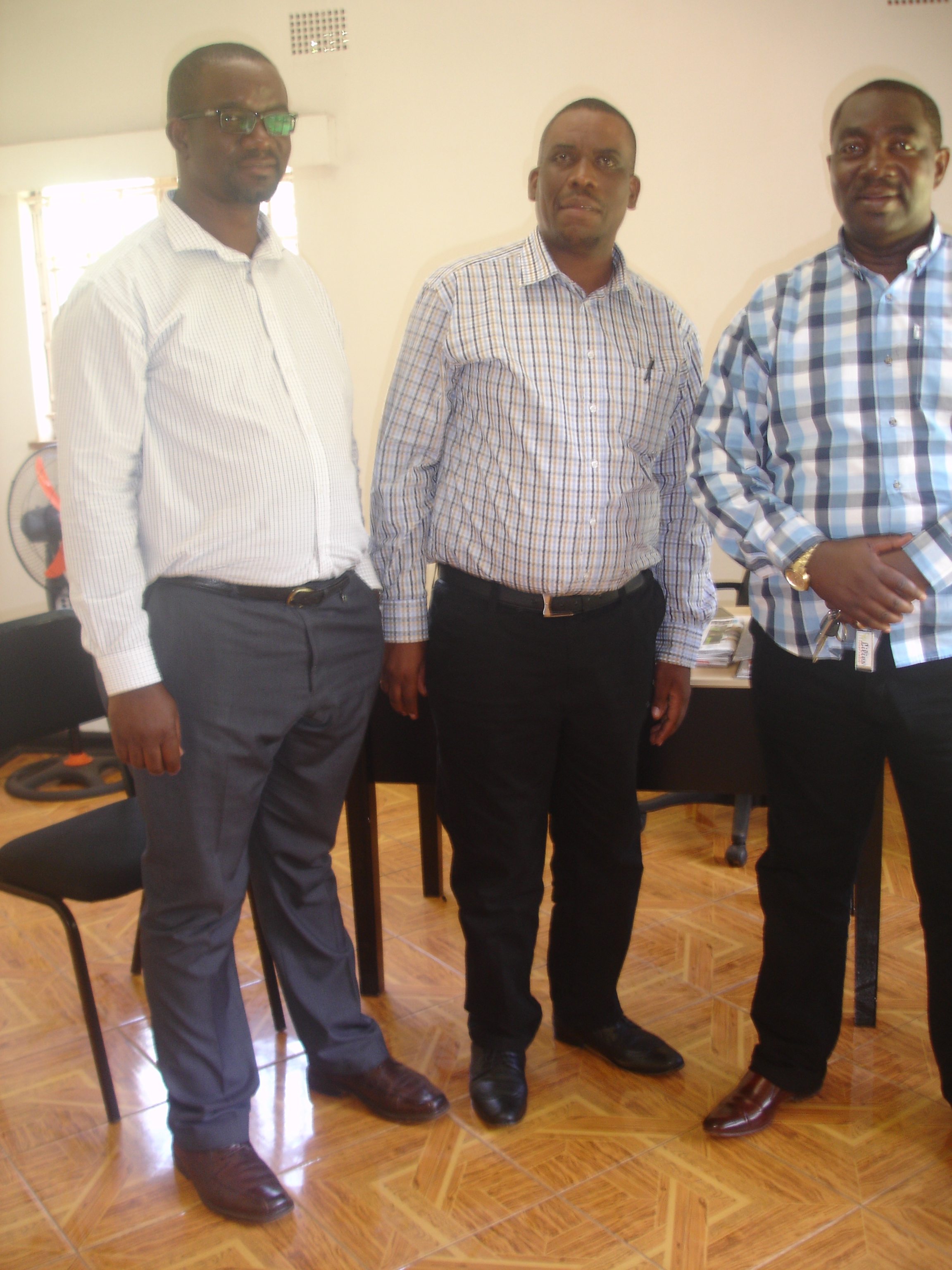
Party of National Unity President Highvie Hamududu, Vice President Anthony Makuwa Lusaka and Secretary General Kasote Singogo 2017 Dec pix by ZADEMA
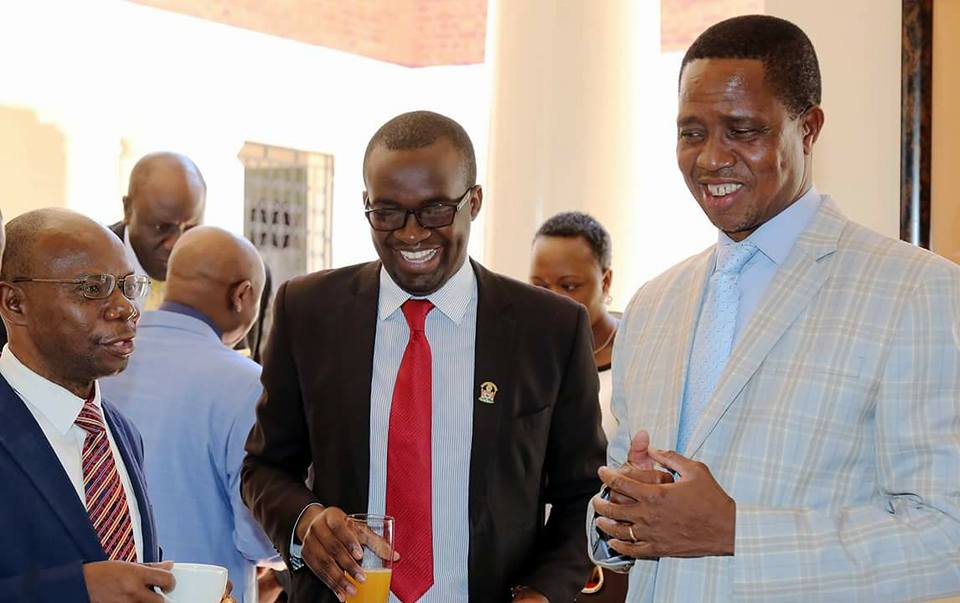
Lusaka Mayor Wilson Kalumba with Kitwe Mayor Christopher Kang’ombe and President Edgar Chagwa Lungu
By Highvie Hamududu-President Party of National Unity (PNU)
THE current crisis in Lusaka is a build-up of the failed economic policies devoid of people centeredness over the last two decades.
Economic policies need a complete overhaul beginning with the 2018 budget, which disappointingly remains business as usual.
All arms of government; Executive, Legislature and Judiciary must be repositioned to serve the greater interest of the majority.
The post 1990 neoliberal economic policies blindly adopted have failed Africa, and threw the majority into squalor as evidenced by the growing informal sector that is unregulated, unsecured, unconnected to finance and better markets etcetera (etc).
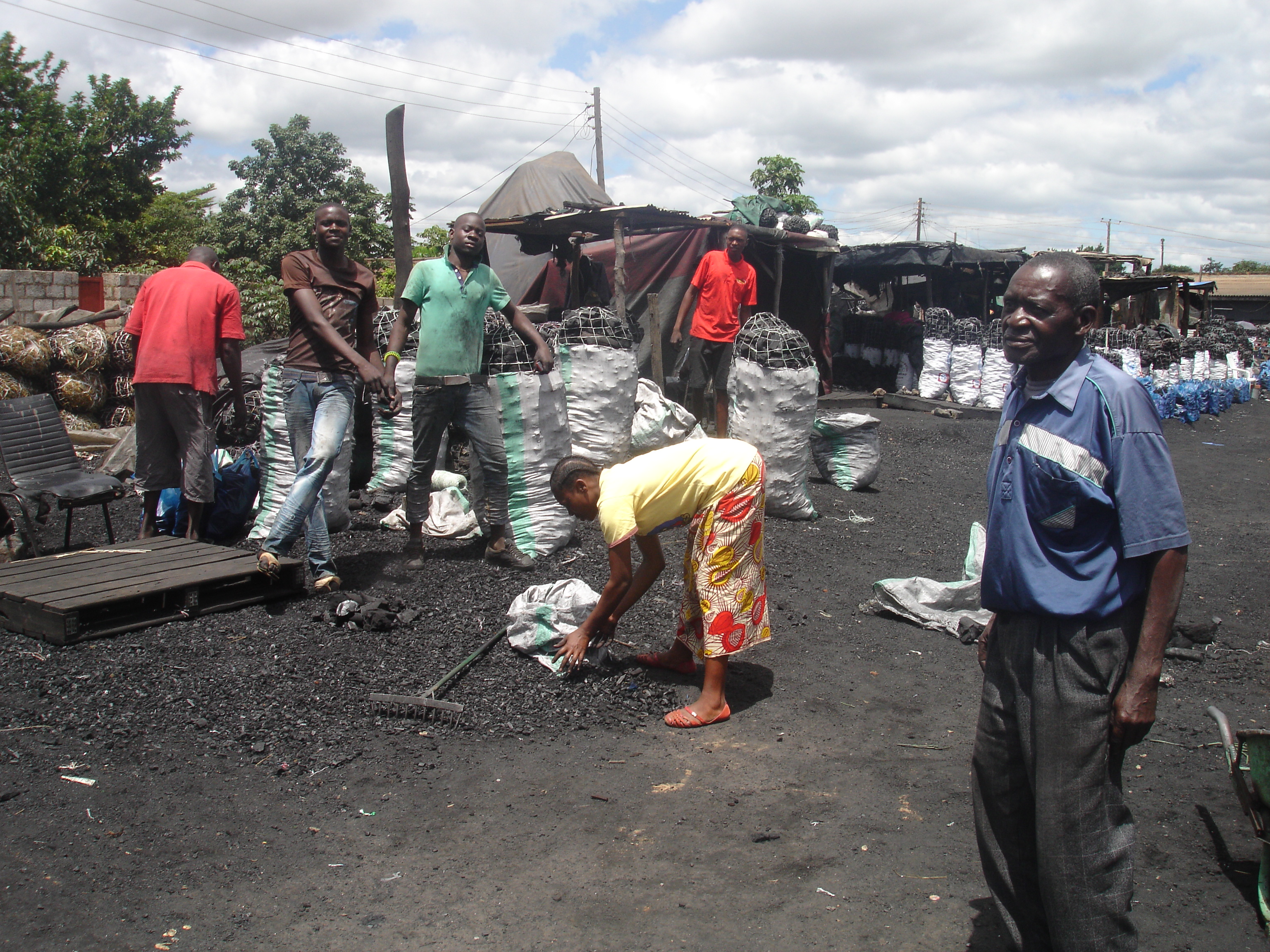
74-year-old Jackson Sakala has been trading from Chilenje Market since 3rd March 1968, clocking 38 years and 12 days Picture by Derrick Sinjela
The worst hit by high poverty, high income, high inequality and high unemployment are women and the growing youthful population, an empirical evidence or ‘tripartite burden’, which the Party of National Unity is confronting.
The debate now for a stable Africa is towards a pro-people economic policies, balanced well with macro-economic stability, as macro-economic stability focus alone has not addressed the developmental concerns of the majority.
No problem game, let us take the bull by the horns, collectively, as a nation. As for this particular incident in Lusaka, let government freeze some avoidable expenditures to finance a ‘mega Lusaka facelift labour-intensive project’ and absorb the displaced vendors and marketeers for the next six months.
This urban renewal and facelift project, must cover among many areas, general cleaning, water and sanitation, paving, drainages, waste disposal, vegetation control, tree planting, maintainence of parks, toilet facilities, construction of better markets and modernized vending platforms such as Spanza Shops (Kiosks)etc.
Can money be found for this? Yes, it can. I can show you in the 2018 Yellow Book, and there are legal means for expenditure switching.
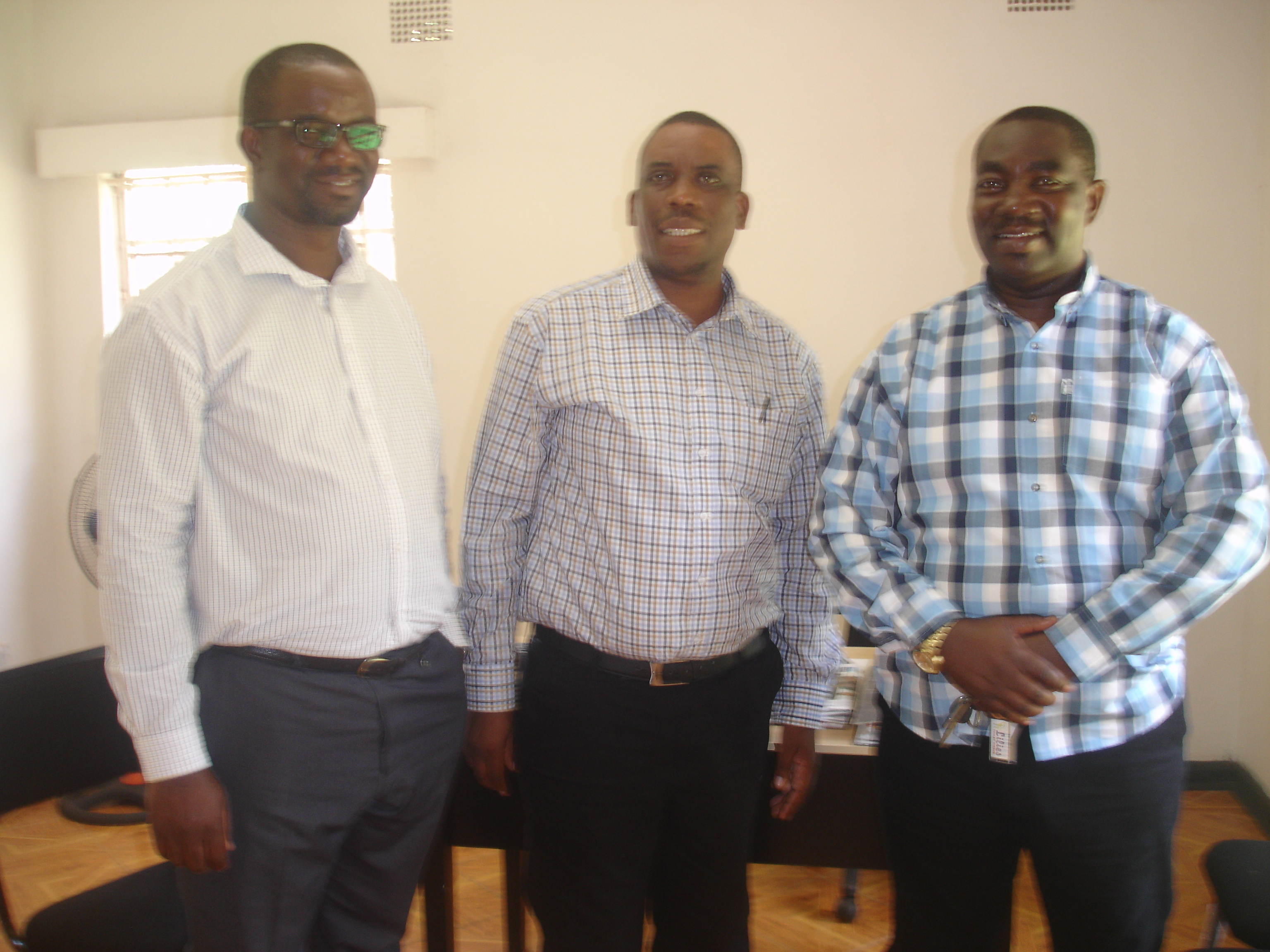
Party of National Unity President Highvie Hamududu, Vice President Anthony Makuwa Lusaka and Secretary General Kasote Singogo 2017 Dec pix by ZADEMA
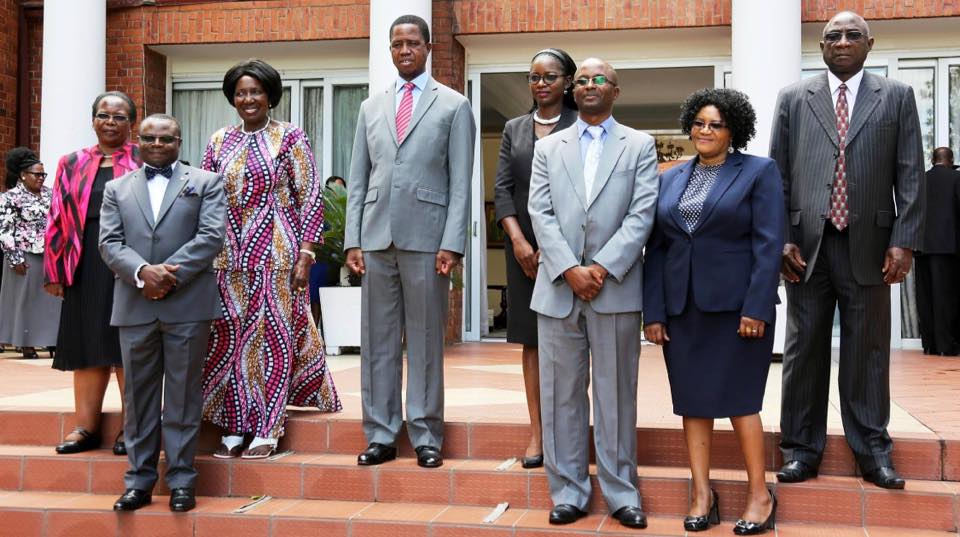
President Lungu with Appeals Court Judges
In fact, this approach must eventually cover all towns and cities across the country. Let town modernisation be the biggest employer in the short-term, as a precursor to sustainable development premised on true inclusiveness. This is a do or die situation we are in, as a country.


